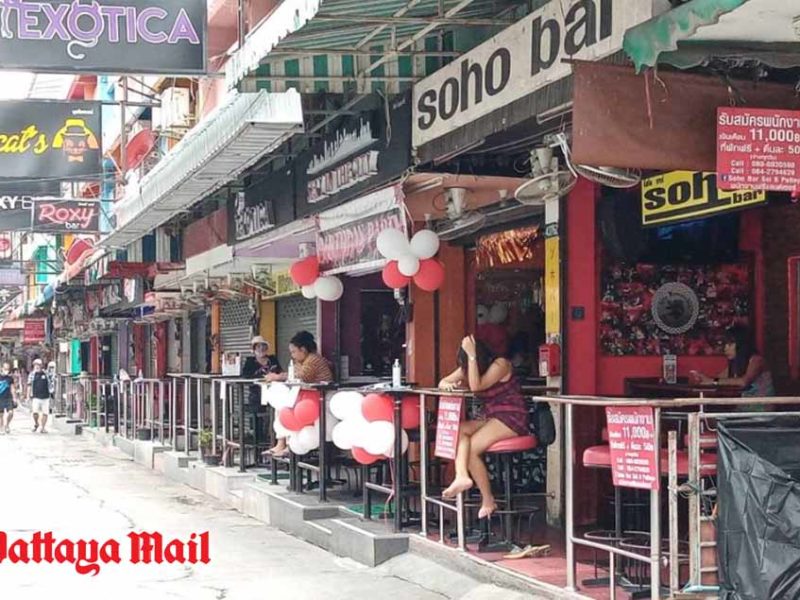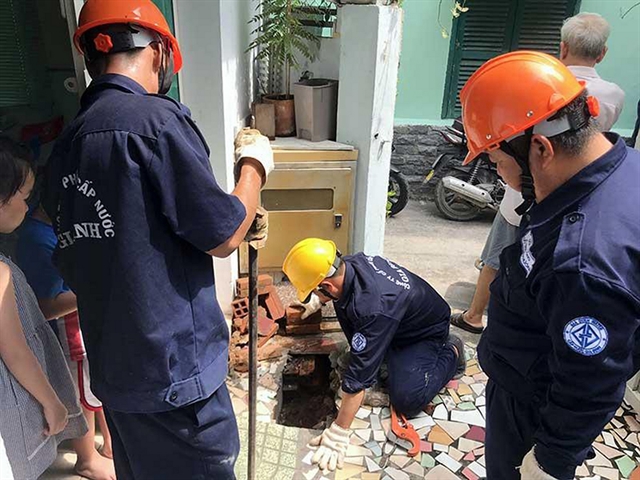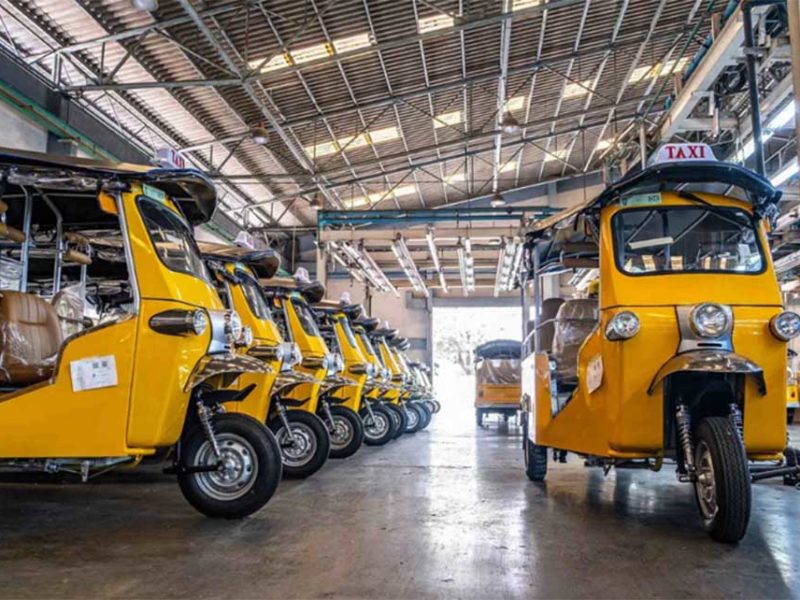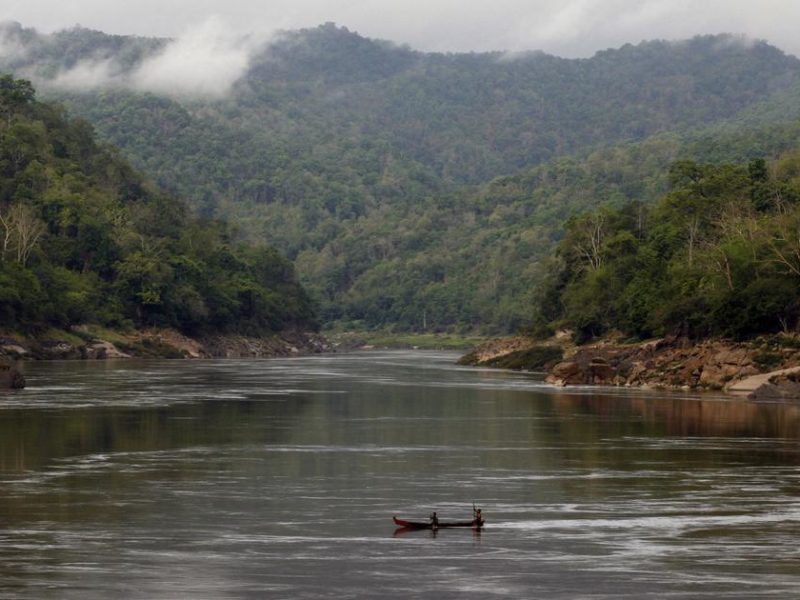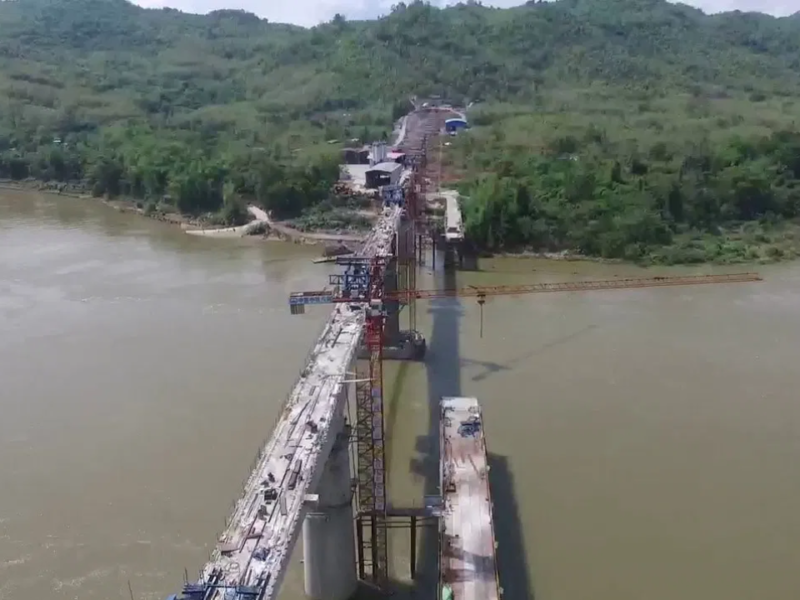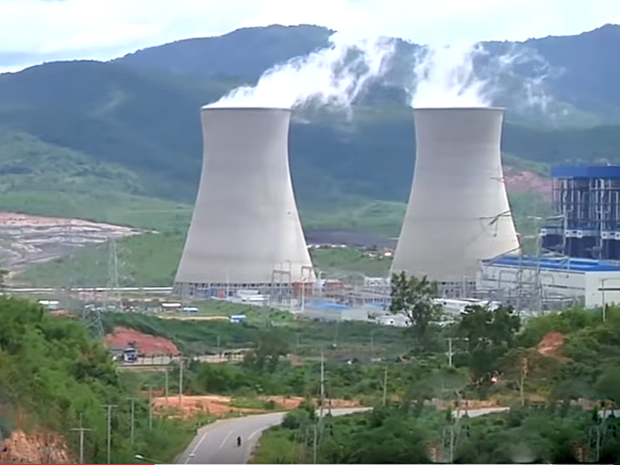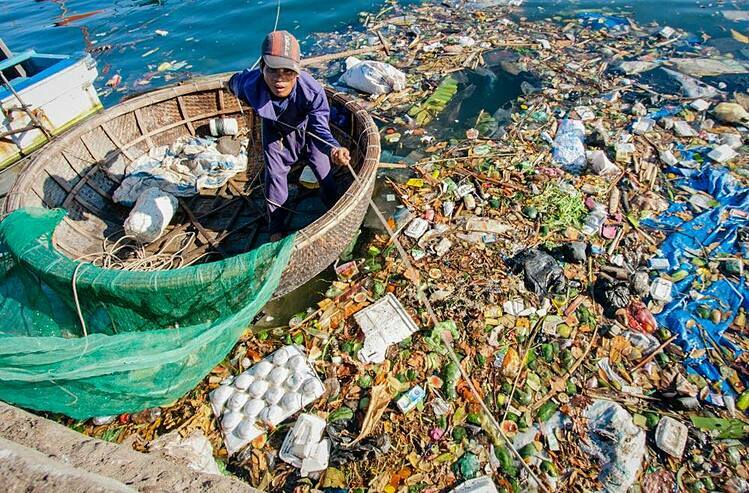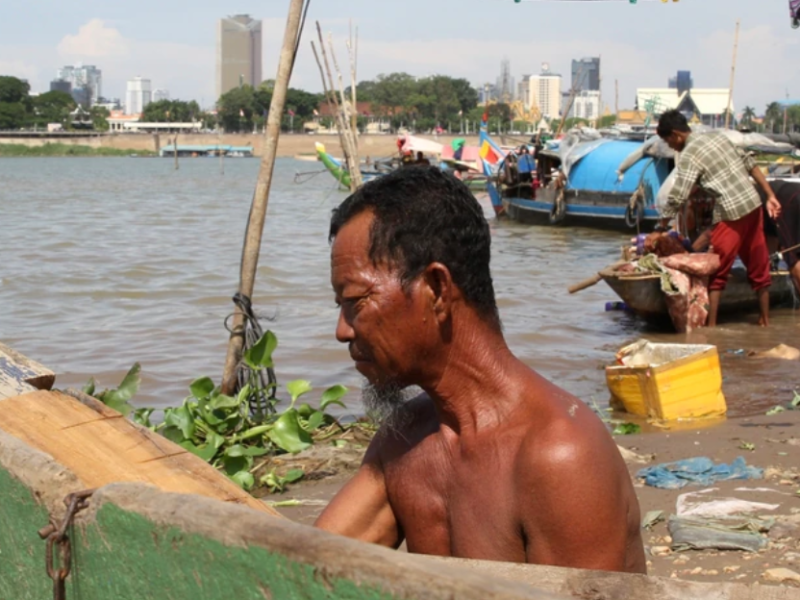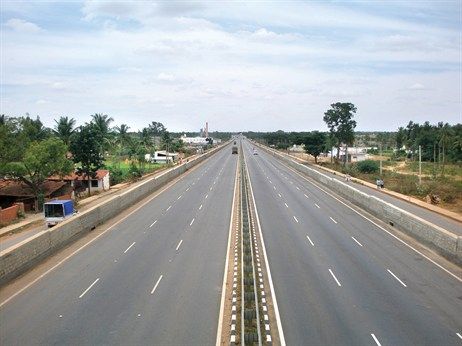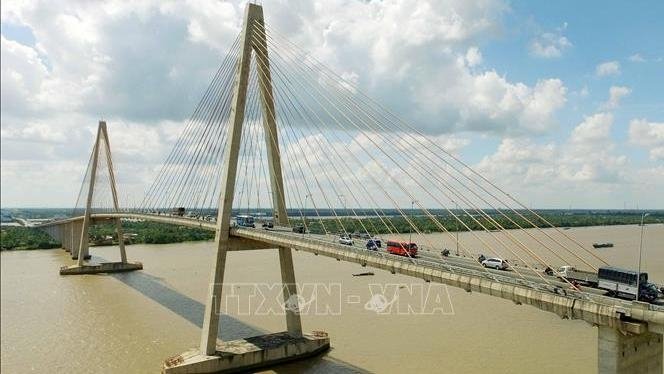The closure of hotels, water parks, soapy massage parlors and other tourist attractions, and the exodus from Pattaya of Thais that used to work in them. Before Covid-19, the Pattaya area used 250,000 cubic meters of water a day. That has fallen to 150,000.
Category: Region
Selected environmental stories from media outlets in the Mekong region and beyond.
HCM City restricts use of groundwater, provides more clean water for residents
The plan aims to reduce groundwater exploitation by 16,650cu.m per day this year. This includes 8,000cu.m per day for households, 4,650cu.m per day for industrial production, and 4,000cu.m per day for the State-run Sài Gòn Water Supply Corporation (Sawaco).
Bangkok transports visitors around town on electric tuk-tuks and ferry boats
In Bangkok, the efforts towards achieving seamless urban transportation connectivity include the linking of electric trains, buses and boats. Already, passengers can switch between the MRT subway and BTS Skytrain networks and electric river ferries thanks to the close proximity of selected stations and boat piers.
Why Myanmar’s junta is likely to ignore the opposition to Chinese dams on Salween river
International isolation following the coup may now force the government to move closer to Beijing than it would like.The future of dam building is now in the hands of General Min Aung Hlaing’s military regime.
Connectivity and Displacement in Laos: Exploring Intersectional Infrastructure Violence
What is the cost of this aggressive infrastructure development? What do we know about the people and places that are negatively impacted by these large-scale projects? In Laos, the government has placed enormous emphasis on infrastructure expansion as a mechanism for driving economic growth and poverty alleviation. Yet this infrastructure rollout has come at severe social and environmental costs.
Hundreds of families forced to move for Lao coal plant expansion
“We’re still staying in our homes in our village and farming our own land for now because nothing has happened yet, but when we move to the resettlement village, where are we going to farm?”a resident said.
Stop the flow of Vietnam’s plastics into oceans
According to a recent World Bank survey, plastic items accounted for 94 percent of all solid waste collected at 38 riverbank and coastal sites around the country, the majority of which were single-use plastics. The plastic consumption rate per capita in Vietnam rose ten times between 1990 and 2019. On average, a Vietnamese person now consumes 41.3 kilograms of plastic in a year.
Phnom Penh’s floating fishing community faces eviction
A hotel, with elegantly appointed air-conditioned rooms offering Wi-Fi and flat-screen TVs, overlooks the settlement of wooden huts and fishing boats where many Khmer Islam, or Cham, and ethnic Vietnamese families live. “I can use the water freely when I live on the river. Electricity is not really a problem. So, when I move to the ground, I have to pay for all utilities, food, and place to sleep. I cannot afford those,” said one resident.
Laos govt approves Vientiane-Pakse expressway route selection
The Vientiane-Pakse Expressway, being undertaken by Chinese companies, will have a length of about 578.6 km is estimated to cost around US$5.1 billion for its construction.
Major transport projects in Mekong Delta to be prioritised: MoT
Priority will be given to a number of expressway projects, including Chau Doc-Can Tho-Soc Trang (Tran De), Can Tho-Ca Mau, My An-Cao Lanh, Cao Lanh-Lo Te-Rach Soi, Ha Tien-Rach Gia, and Hong Ngu-Tra Vinh.


